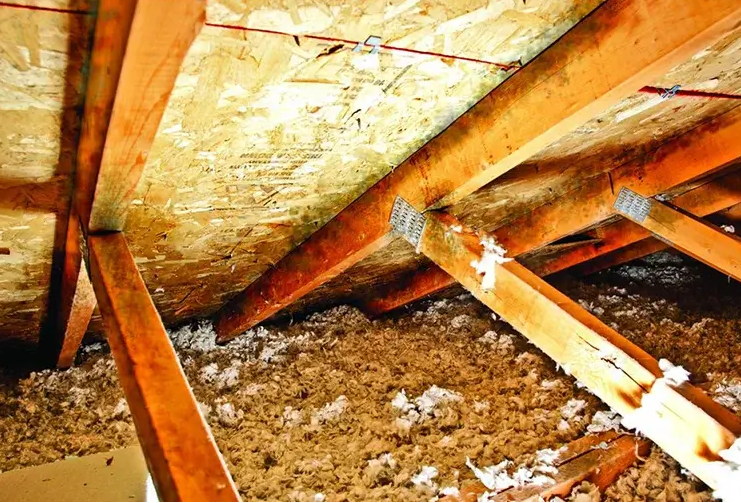A Homeowners Guide Through the Texas RCLA Process

Imagine moving into your newly built dream home or existing home after completing major renovations only to find out the contractor did not provide the home you were promised.
Unfortunately, this scenario is not uncommon, as building or renovating a home is a massive undertaking that involves multiple parties and some misunderstandings can occur. In the best-case scenario, just speaking to the contractor or builder to explain the defect will rectify the issue. However, this is not always the case.
If you are a Texas Homeowner and you are currently involved in a dispute with your contractor or builder, your dispute is probably covered by a Texas Law called the Residential Construction Liability Act (RCLA) found in Chapter 27 of the Texas Property Code.
This article contains general information and should not be substituted for competent legal advice from an attorney.
What is Texas RCLA?

RCLA is an abbreviation for the Residential Construction Liability Act and can be found in chapter 27 of the Texas Property Code. In General, the RCLA provides the framework that the owner of a single-family or multifamily home must follow if they have a dispute with their builder, remodeler or contractor (contractor) that can't be resolved and they are seeking to recover damages for construction-related defects. The RCLA is designed to encourage communications between the parties before filing suit to find an agreeable settlement to the matter at hand. The RCLA has specific requirements for both parties and provides the contractor with an opportunity to cure construction defects before a claim has been filed in courts.
What is the Texas RCLA Process for a Homeowner?
- Opportunity to inspect: Upon receipt of the notice, The contractor is given 35 days to inspect the property and must submit a written request. The homeowner must allow the contractor to inspect “the property to determine the nature and cause of the defect and the nature and extent of repairs necessary to remedy the defect.”
- Settlement Offer: The contractor may make a written settlement offer to the homeowner not later than the 45th day after the contractor receives the certified notification of the RCLA claim. This offer can include either an agreement to repair or repair the construction defects at the contractor's expense. These repairs would have to be made within 45 days after the contractor receives a written notice of acceptance from the homeowner and shall describe in reasonable detail the kind of repairs which will be made.
- Acceptance/Rejection of the Settlement Offer: The homeowner has 25 days to accept the contractor's offer once the initial settlement offer is received. If the offer is accepted, the repairs must be made 45 days after the contractor receives a written offer of acceptance. If the homeowner rejects the contractor's initial offer, that shall advise the contractor in writing and in reasonable detail of the reasons why the claimant considers the offer unreasonable, The contractor may make a supplemental offer to the homeowner within 10 days of the contractor receiving written notice of why the initial settlement offer was rejected.
What damages or claims are covered under RCLA?

Fortunately, for homeowners, the RCLA has a very broad application. The RCLA applies to any claim to recover damages from arising construction defects.
Definition of a “construction defect” under Tex. Prop. Code § 27.001(4) “A matter concerning the design, construction, or repair of a new residence, of an alteration of or repair or addition to an existing residence, or of an appurtenance to a residence, on which a person has a complaint against a contractor. The term may include any physical damage to the residence, any appurtenance, or the real property on which the residence and appurtenance are affixed proximately caused by a construction defect.”
RCLA does not cover a claim for personal injury, wrongful death or damage to goods.
Damages under the Texas Residential Construction Liability Act are limited to "(1) the reasonable cost of repairs necessary to cure any construction defect; (2) the reasonable and necessary cost for the replacement or repair of any damaged goods in the residence; (3) reasonable and necessary engineering and consulting fees; (4) the reasonable expenses of temporary housing reasonably necessary during the repair period; (5) the reduction in current market value, if any, after the construction defect is repaired if the construction defect is a structural failure; and (6) reasonable and necessary attorney's fees."
This commentary is not intended to be a comprehensive review of the RCLA; there are other important provisions for homeowners and contractors alike.
The Texas Residential Construction Liability Act can be confusing and has requirements that must be strictly followed. Consulting an experienced construction attorney to help navigate the process is advised.